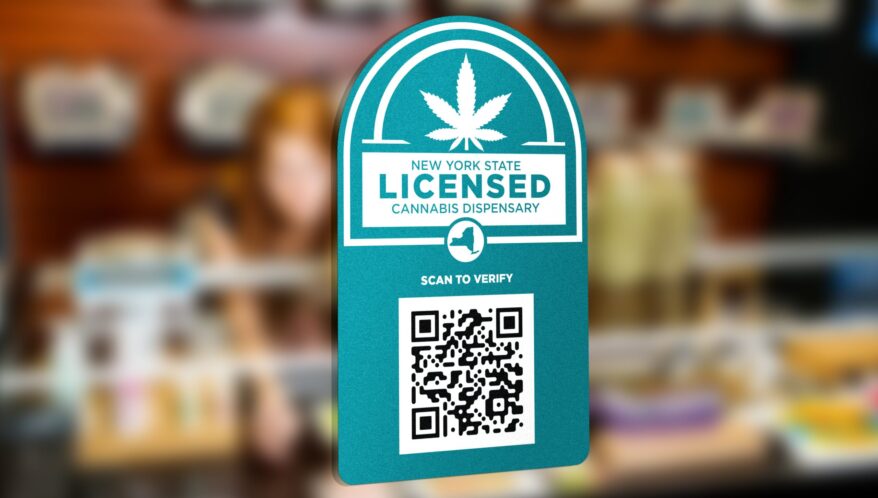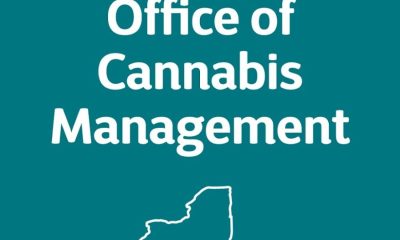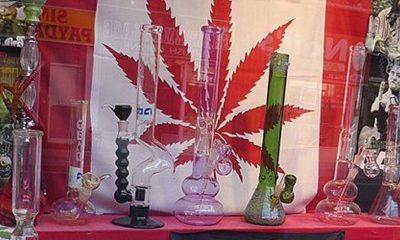Headlines
Judge Blocks New Cannabis Licenses in New York
Temporary halt follows lawsuit by veterans challenging priority licensing program
-

 Headlines1 week ago
Headlines1 week agoMicro Grocery Store Being Built in Tulsa
-

 Headlines1 week ago
Headlines1 week agoALDI Launches Checkout-Free Grocery
-

 Headlines2 weeks ago
Headlines2 weeks agoIdentity Fraud on the Upswing
-

 Shop! Press Releases1 week ago
Shop! Press Releases1 week agoShop! MarketPlace 2024 Celebrates Retail Creativity with the Shop! Design Awards
-

 Headlines1 week ago
Headlines1 week agoAKC Acquires Professional Grooming Credential From World Pet Association
-
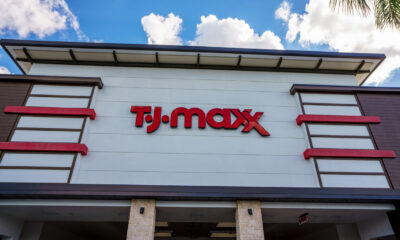
 Headlines3 days ago
Headlines3 days agoRetail Markets in U.S., Canada Remain Tight
-
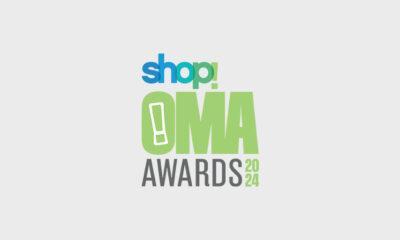
 Shop! Press Releases1 week ago
Shop! Press Releases1 week agoShop! MarketPlace 2024 Presents the Most Acclaimed Awards in the Marketing at Retail Industry
-
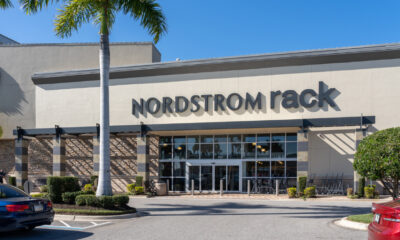
 Headlines3 days ago
Headlines3 days agoNordstrom to Evaluate Founding Family’s Plan to Go Private

